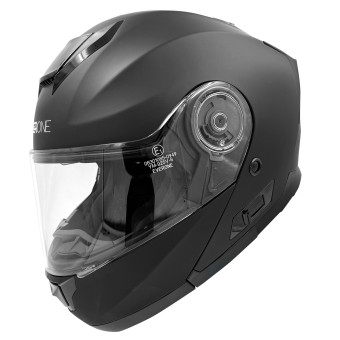
Everone M72R Matt Black
50% off£80.91£161.82

Everone M72R Matt Black
50% off£80.91£161.82
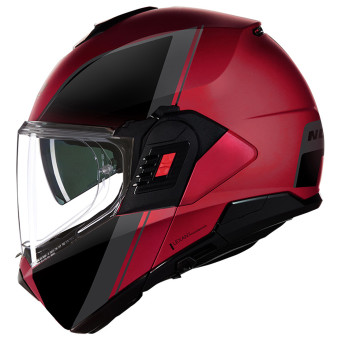
Nolan N120-1 Verniciatura Speciale 344
12% off£395.92£449.91 Price with code SPRINGRIDE2025included
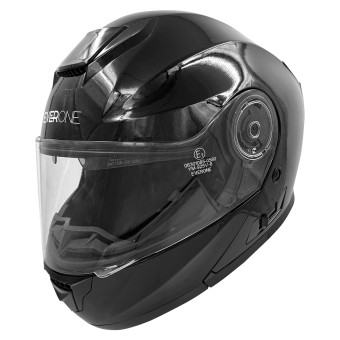
Everone M72R Shiny Black
50% off£80.91£161.82
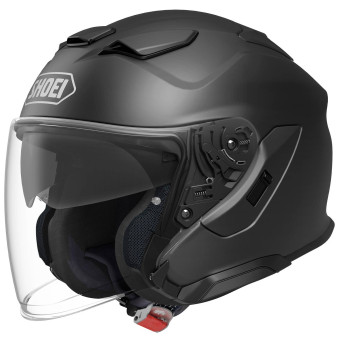
Shoei J-Cruise 3 Matt Black
£494.10
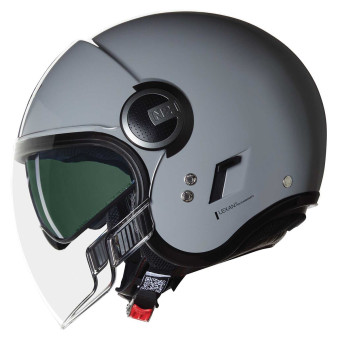
Nolan N21 Visor 06 Classico 303
12% off£158.39£179.99 Price with code SPRINGRIDE2025included
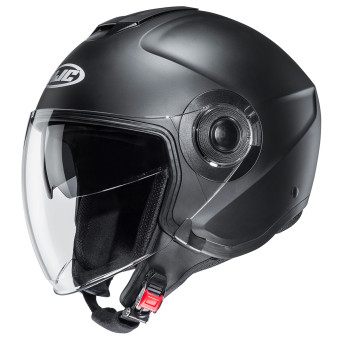
HJC i40N Semi Flat Black
20% off£93.53£116.91 Price with code HJC20included
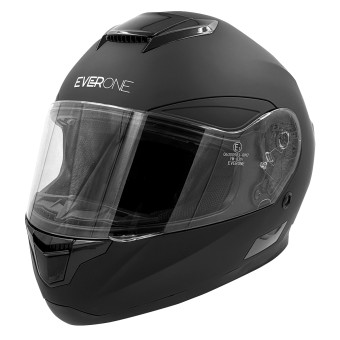
Everone X92RS Matt Black
50% off£71.91£143.82
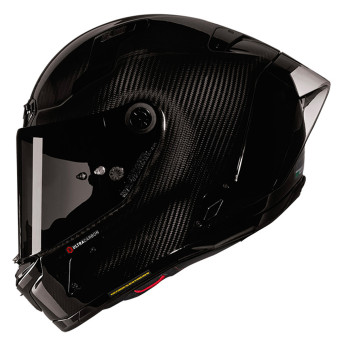
Nolan X-804 RS Ultra Carbon Puro 324
12% off£522.71£593.99 Price with code SPRINGRIDE2025included
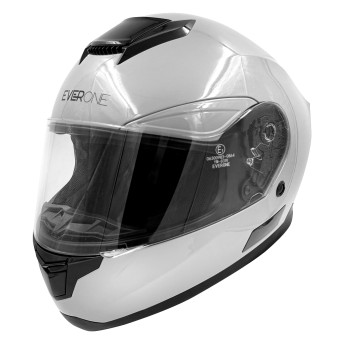
Everone X92RS Grey Nardo
50% off£71.91£143.82
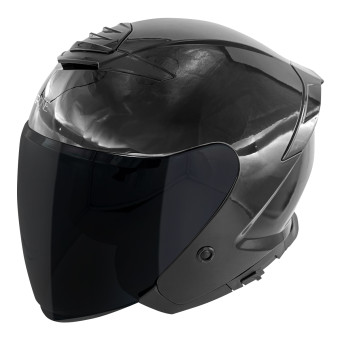
Everone RX31-Jet Shiny Black
50% off£80.91£161.82
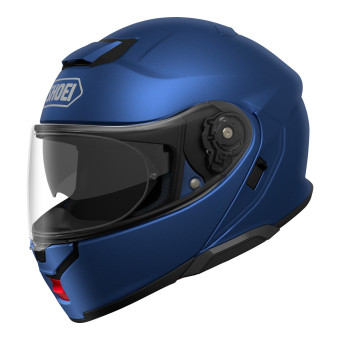
Shoei Neotec 3 Matt Blue Metal
£629.10
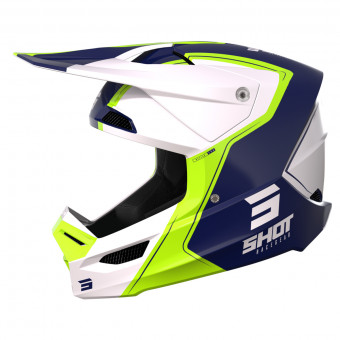
SHOT Furious Reflex Blue Glossy
29% off£89.10£125.99
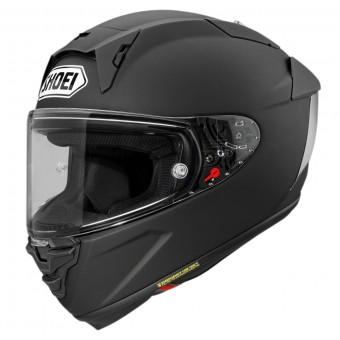
Shoei X-SPR Pro Matt Black
10% off£647.19£719.10 Price with code SPRINGRIDE2025included
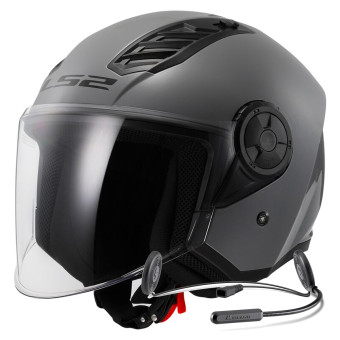
Airflow II Solid Nardo Grey OF616 + Kit Bluetoo...
6% off£107.91£115.20
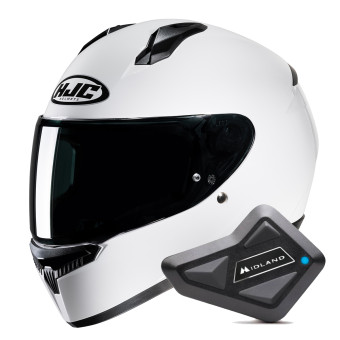
C10 White + Kit Bluetooth BT Mini
20% off£157.61£197.01 Price with code HJC20included
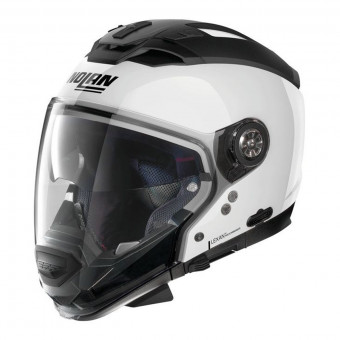
Nolan N70 2 GT Special N-Com Pure White 15
23% off£228.60£296.99
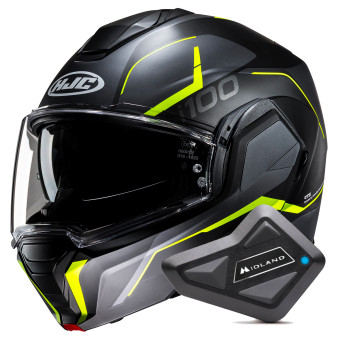
i100 Lorix MC3HSF + Kit Bluetooth BT Mini
20% off£337.61£422.01 Price with code HJC20included
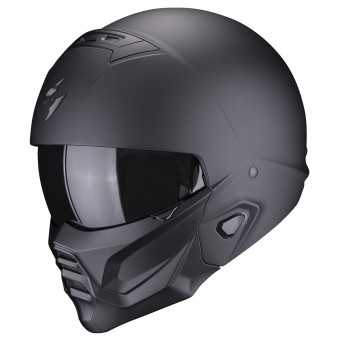
Scorpion Exo Combat II Solid Matt Black
15% off£168.23£197.91 Price with code SPRINGRIDE2025included
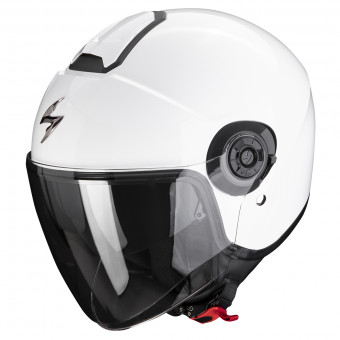
Scorpion Exo City II Solid White
15% off£99.38£116.91 Price with code SPRINGRIDE2025included
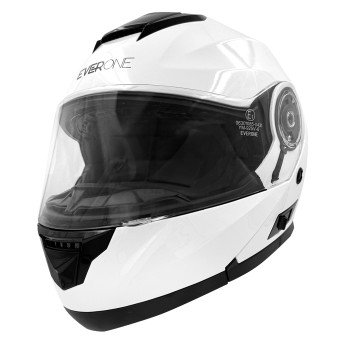
Everone M72R Shiny White
50% off£80.91£161.82
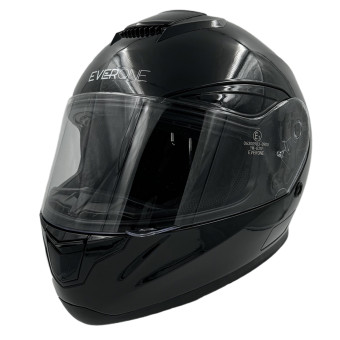
Everone X92RS Shiny Black
50% off£71.91£143.82
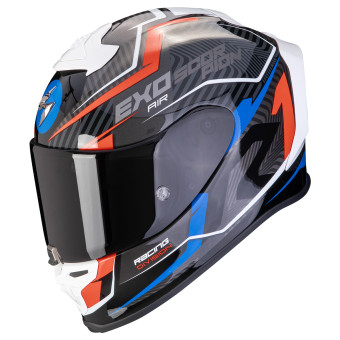
Scorpion Exo R1 Evo Air Coup Black Red Blue
25% off£296.10£395.91
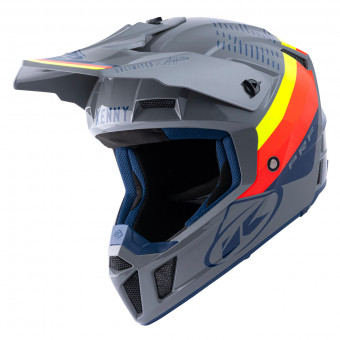
Kenny Performance Graphic Grey
32% off£116.10£170.96
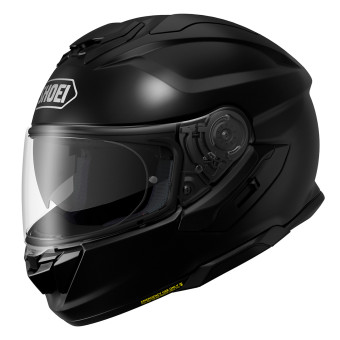
Shoei GT-AIR 3 Black
10% off£485.19£539.10 Price with code SPRINGRIDE2025included
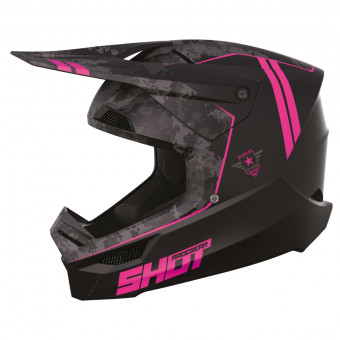
SHOT Furious Army Pink Matt
29% off£89.10£125.99
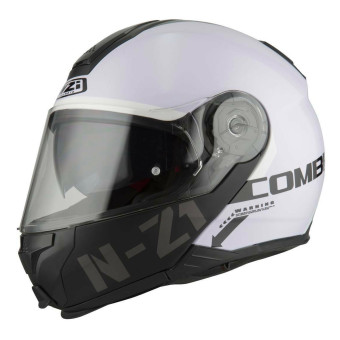
NZI Combi 2 Duo White
£161.96
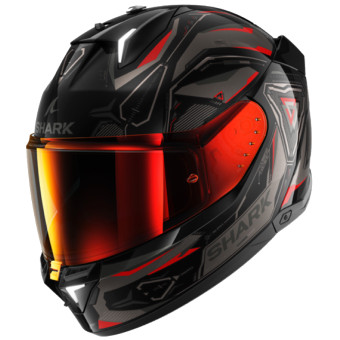
Shark Skwal i3 Linik KAR
7% off£292.63£314.99
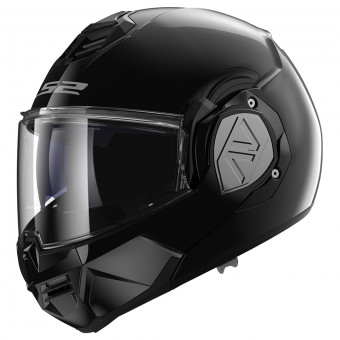
LS2 Advant Black FF906
10% off£242.19£269.10 Price with code SPRINGRIDE2025included
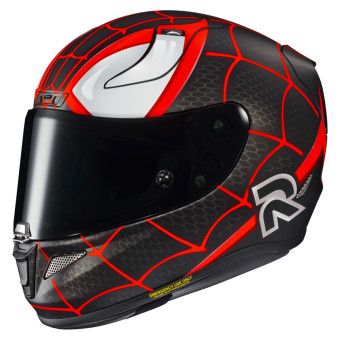
HJC RPHA 11 Miles Morales Marvel
27% off£413.10£566.91
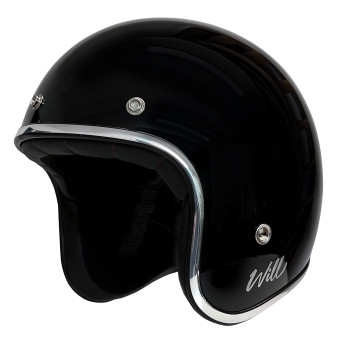
Everone Will Shiny Black
28% off£58.50£80.91
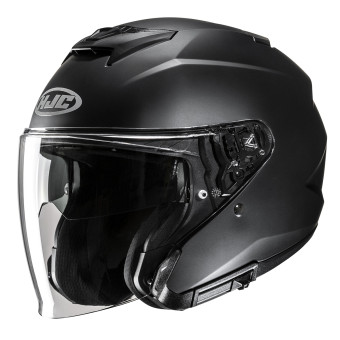
HJC i31 Semi Flat Black
28% off£97.11£134.91 Price with code HJC20included
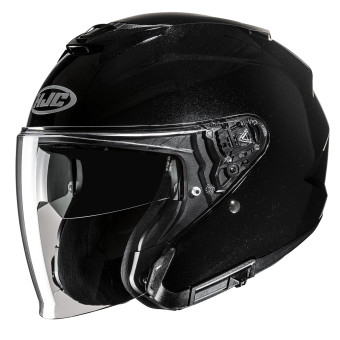
HJC i31 Metal Black
28% off£97.11£134.91 Price with code HJC20included
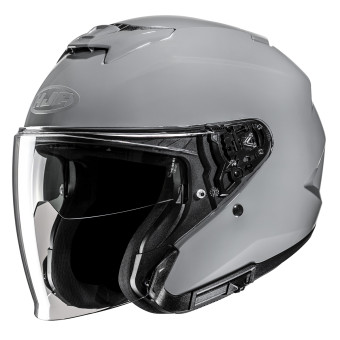
HJC i31 N.Grey
28% off£97.11£134.91 Price with code HJC20included
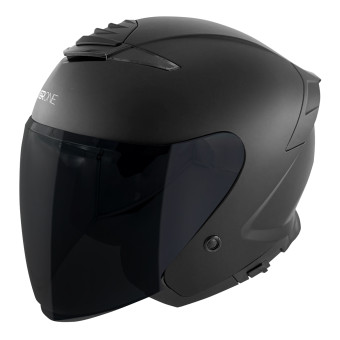
Everone RX31-Jet Matt Black
50% off£80.91£161.82

Everone M72R Matt Black
50% off£80.91£161.82
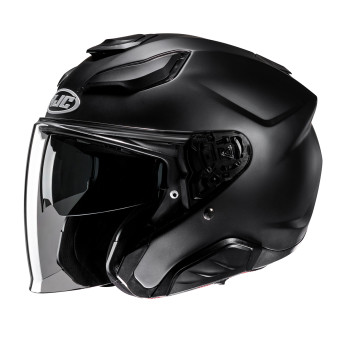
HJC F31 Semi Flat Black
28% off£161.91£224.91 Price with code HJC20included
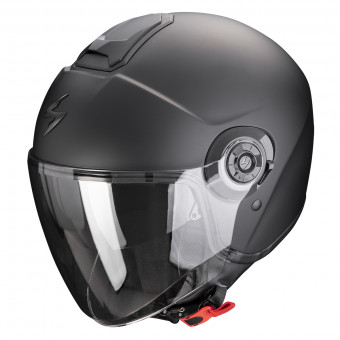
Scorpion Exo City II Solid Matt Black
15% off£99.38£116.91 Price with code SPRINGRIDE2025included
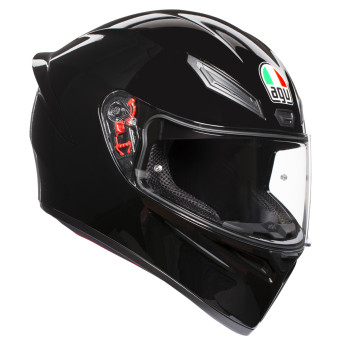
AGV K1 S Mono Black
10% off£161.78£179.96 Price with code SPRINGRIDE2025included
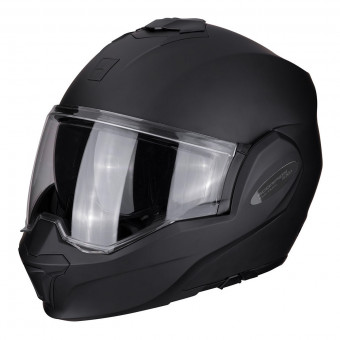
Scorpion Exo Tech Evo Solid Matt Black
15% off£229.43£269.91 Price with code SPRINGRIDE2025included
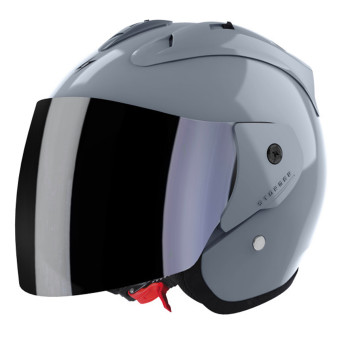
Stormer Sun Evo 2.0 Nardo Grey Glossy
10% off£72.89£80.99 Price with code SPRINGRIDE2025included
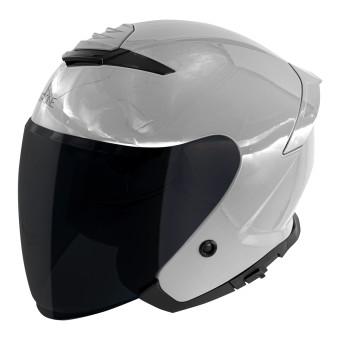
Everone RX31-Jet Grey Nardo
50% off£80.91£161.82
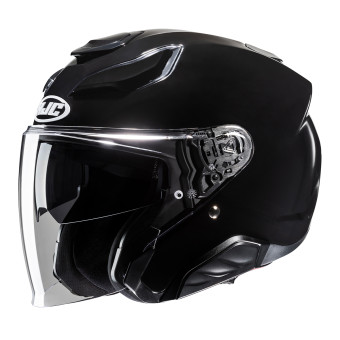
HJC F31 Black
28% off£161.91£224.91 Price with code HJC20included
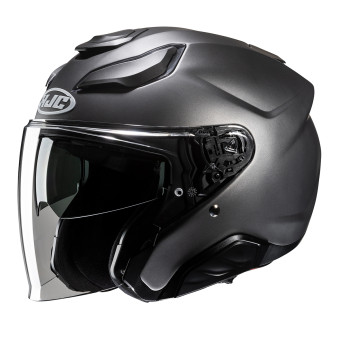
HJC F31 Semi Flat Titanium
28% off£161.91£224.91 Price with code HJC20included
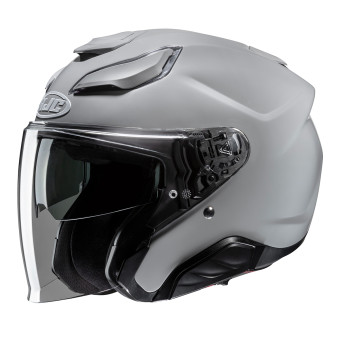
HJC F31 N.Grey
28% off£161.91£224.91 Price with code HJC20included
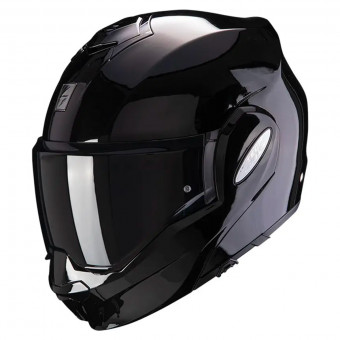
Scorpion Exo Tech Evo Solid Black
15% off£229.43£269.91 Price with code SPRINGRIDE2025included

Everone X92RS Matt Black
50% off£71.91£143.82

Everone M72R Shiny Black
50% off£80.91£161.82
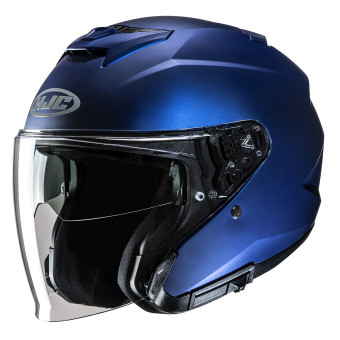
HJC i31 Semi Flat Metallic Blue
28% off£97.11£134.91 Price with code HJC20included

Everone M72R Shiny White
50% off£80.91£161.82
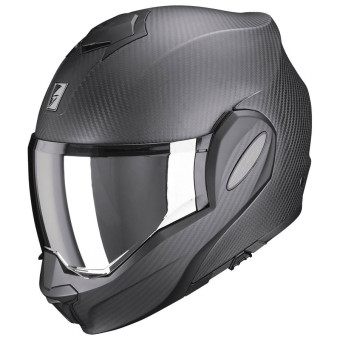
Scorpion Exo Tech Evo Carbon Solid Matt Black
15% off£351.83£413.91 Price with code SPRINGRIDE2025included
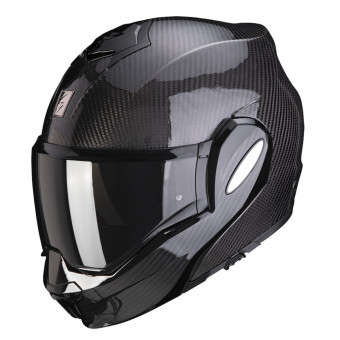
Scorpion Exo Tech Evo Carbon Solid Black
15% off£351.83£413.91 Price with code SPRINGRIDE2025included
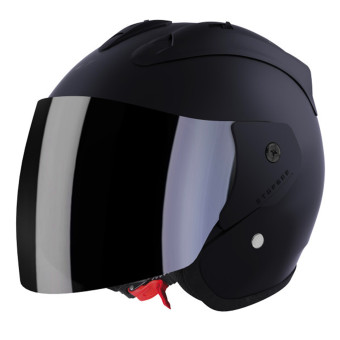
Stormer Sun Evo 2.0 Black Matt
10% off£72.89£80.99 Price with code SPRINGRIDE2025included
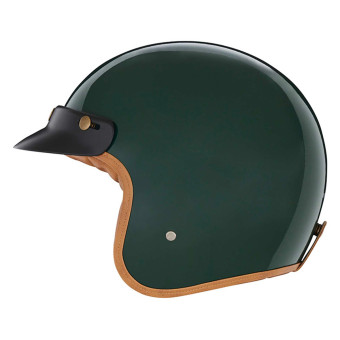
NOX N243 British Green
10% off£70.47£78.30 Price with code SPRINGRIDE2025included
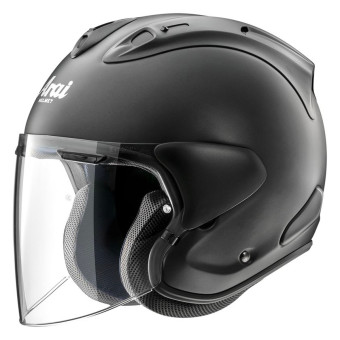
Arai SZ-R Vas Evo Matt Black
En stock
£674.10
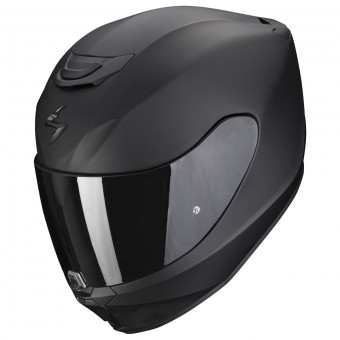
Scorpion Exo 391 Solid Matt Black
15% off£84.07£98.91 Price with code SPRINGRIDE2025included
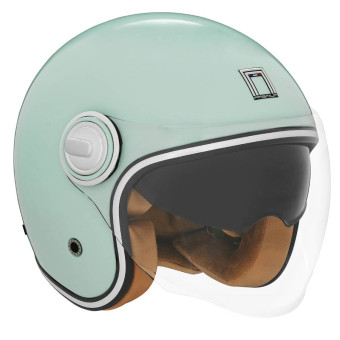
NOX Heritage Sea Green
10% off£109.35£121.50 Price with code SPRINGRIDE2025included
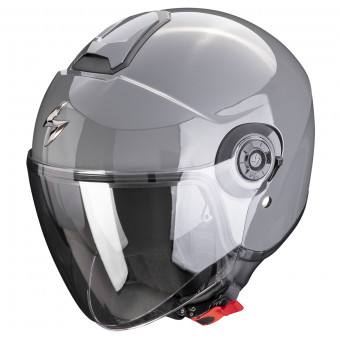
Scorpion Exo City II Solid Cement Grey
15% off£99.38£116.91 Price with code SPRINGRIDE2025included

Everone RX31-Jet Shiny Black
50% off£80.91£161.82
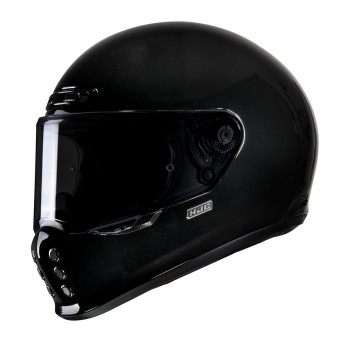
HJC V10 Black
20% off£237.53£296.91 Price with code HJC20included
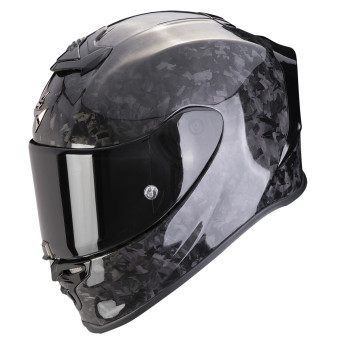
Scorpion Exo R1 Evo Carbon Air Onyx Black
15% off£405.37£476.91 Price with code SPRINGRIDE2025included
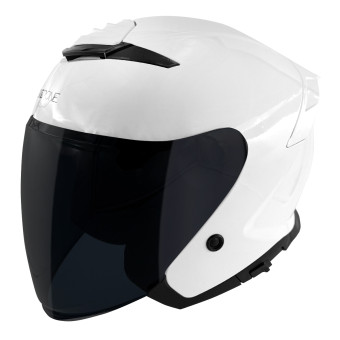
Everone RX31-Jet Shiny White
50% off£80.91£161.82
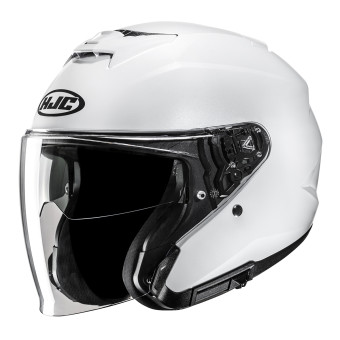
HJC i31 Pearl White
28% off£97.11£134.91 Price with code HJC20included
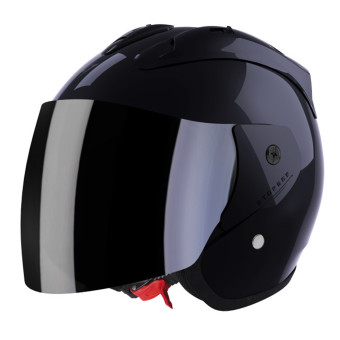
Stormer Sun Evo 2.0 Black Pearly
10% off£72.89£80.99 Price with code SPRINGRIDE2025included
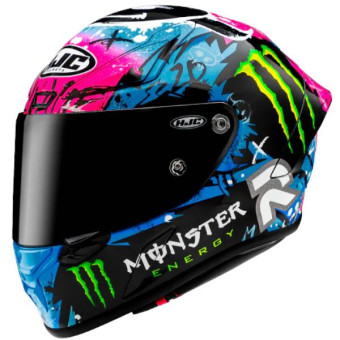
HJC RPHA1 Quartararo Le Mans SP 2024
20% off£719.93£899.91 Price with code HJC20included
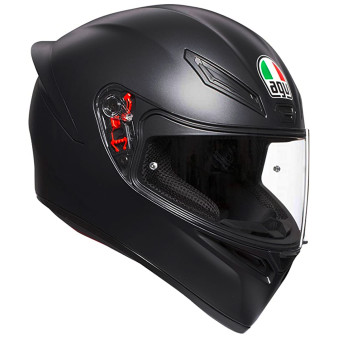
AGV K1 S Mono Matt Black
10% off£169.88£188.96 Price with code SPRINGRIDE2025included

Scorpion Exo City II Solid White
15% off£99.38£116.91 Price with code SPRINGRIDE2025included
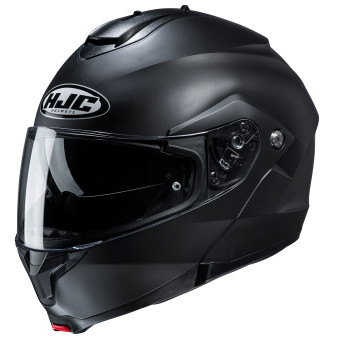
HJC C91N Semi Flat Black
20% off£122.33£152.91 Price with code HJC20included
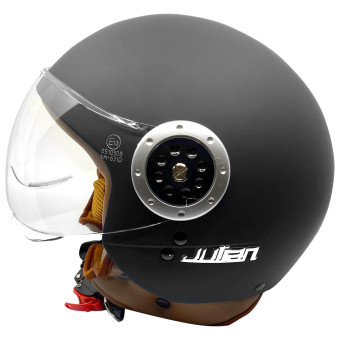
Everone Julian Matt Black
24% off£58.50£76.50

Everone Will Shiny Black
28% off£58.50£80.91
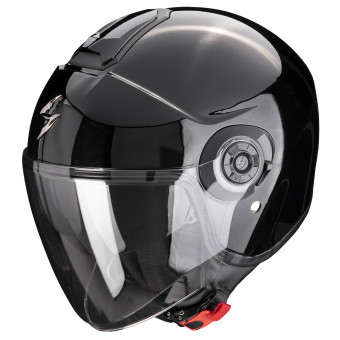
Scorpion Exo City II Solid Black
15% off£99.38£116.91 Price with code SPRINGRIDE2025included
A legal obligation since 1973, the motorbike helmet is the indispensable first line of defence for a rider in an accident. And as the means of protection for the most vulnerable road-users, helmets must comply with stringent European regulation. ECE Regulation 22.05 is the norm in vigour, stipulating the minimum standards of protection.
Faced with an abundance of different models from which to choose, with each one suited to a varying range of riders‘ expectations and specialised requirements, we have broken our range down to a few, simple categories to make it easy for you to find exactly what you're looking for.
The open-face or 3/4 helmet is the urban option par excellence. Allowing a feeling of freedom as well as looking great, the open-face is the most popular choice among riders with a wide choice of finishes and a reasonable starting price.
With an aviator style or long visor, or with no screen and instead goggles, this style suits both modern and retro tastes.
Lighter and lacking a chin-guard so a more pleasant choice for the summer months, it does on the other hand offer less protection than its heavier counterparts. It is therefore an option recommended for generally easier riding and for inner-city journeys.
Those riders looking for the greatest protection available need look no further than the full-face helmet. Although some users may find the helmet restrictive, full-face helmets are aerodynamic and well sound-insulated, perfect for when riding at higher speeds.
In regards to rider comfort in chilly or wet weather conditions, the full-face helmet is king, better sheltering the rider from the cold. On the other hand, despite the inbuilt ventilation system, this kind of headgear is not as aerated as the open-face options, and is therefore less comfortable in the dog days of summer.
Advice for riders wearing goggles or glasses : check that the eyewear you opt for fit comfortably inside the helmet, and that they can be put on and taken off easily. Some full-face helmets accommodate glasses more easily, the foam inside being shaped especially for this purpose.
An excellent hybrid option, flip-up helmets come with a liftable chin-piece, allowing the rider to choose between the added protection and comfort at high speed of the full-face helmet and the openness and ventilation of the 3/4 helmet. The downside to this extra-versatility, is the extra weight of the helmet as a result of the mechanism required.
Practical, functional and master of all seasons, this style is highly-prized by Touring riders and daily commuters.
A word of advice : not all flip-ups are the same, and only Double-Homologation helmets (which are marked : (P/J)) are road-legal with the chin guard up or down.
J ................No lower-face cover (open-face helmets)
NP .............Non-protective lower face cover (certain modular helmets)
P ................Full chin protection (Full-face helmets)
J/P or P/J ....Road-legal in both open and full-face configurations
A real Swiss Army knife of a bit of kit, convertible helmets have become best-sellers thanks to their versatility. In effect, the modular offers both the protection of a full-face helmet and the visibility of an open-face helmet thanks to the completely removable chin-piece, making this style great for both the summer and winter months.
In addition, the option of attaching a peak multiplies even further the possible configuration of the helmet, adapting it for motocross, enduro, trial and quadbiking.
The only disadvantage of this style is having to put away the chin-guard once removed.
Motocross and Enduro Helmets carry extreme sport in their very DNA. Having a wide field of vision and freedom of movement, these helmets are light, well-ventilated, comfortable and strong, and are suited not only to motocross, but also to freestyle, trials, enduro, quad and supermoto.
These helmets have no screen, however the temples are expressly shaped to accommodate off-road/dirt bike goggles, helping to shield you from dust, wind and anything else the rugged trails can throw at you.
Helmets come with a peak, not only to keep the sun out of your eyes but to guard you against projectiles from above.
A fusion between a motocross and an open-face helmet, trials helmets are specially designed for indoor and outdoor trials. Very lightweight and very open, this style provides a large field of vision and therefore a feeling of freedom. It's distinctive form makes it readily recognisable even to non-initiates of the sport.
Perfectly conceived for little ones, children's helmets are not necessarily as technical as their adult counterparts, instead prioritising weighing as little as possible while remaining sturdy and safe. Available in open-face, full-face or off-road styles, children's helmets are often decorated with patterns or beloved popstars, film or cartoon characters.
Some makers even offer a range of different-sized, changeable inners, allowing your child to keep their helmet for several years, even as they get bigger.
For your child’s safety, under no circumstance provide them with adult headgear ; headgear that is the wrong size is useless in guarding against shock. Provide a good example and allow them to discover the joys of biking with equipment perfectly tailored to their own, personal needs.
A helmet is composed of an outer shell and an inner liner. The outer shell constitutes the first line of defence ; absorbing shock, reducing the pressure on a single point by compressing and thereby dispersing the energy from an impact, as well as protecting the head from piercing and scraping.
Next, the inner lining is also charged with the task of shock absorption, coupled with assuring your comfort and support. Made of polystyrene or expanded polystyrene, today there are a number of multi-density liners that offer different grades of shock absorption depending on the part of the head each pad cushions. The inner lining is specially shaped to permit ventilation.
So you’ve decided which type of helmet suits your needs and tastes, but what are the differences between the available materials ? Polycarbonate, kevlar or carbon fibre, which to choose ?
We’re sure you’ve heard time and again that composite fibre helmets are more resistant. Wrong ! It’s time to forget this out-of-date advice. Whichever material is used in producing a helmet, be it carbon fibre or injected polycarbonate, you are assured the same protection, certified under ECE Regulation 22.05. The differences that exist between the various materials are principally in terms of weight and price.
As for polycarbonate, the process of fabrication consists of injecting the material into a mould, which is thereafter varnished. Pro : More reasonably priced. Con : a heavier option than other materials.
Composite fibres are lighter than the polycarbonate shells, but come in at a slightly higher price. Optimal efficiency is achieved by fusing carbon fibre, fibreglass, kevlar and /or Dyneema with resins.
Finally for extreme lightness, nothing beats the carbon fibre shell. Top of the range material in the past reserved for the ‘elite’, i.e. helmets for professional competition. As for all top of the line materials, the fabrication of a carbon fibre helmet demands time and specialised equipment, which therefore elevates the cost somewhat.
Whether it be an aviator visor for use with an open-face helmet, or a long visor (preferable to protect against insects, dust and adverse weather), visors included with helmets are always clear and uncoloured, conforming to strict European standards.
The majority of screens are anti-scratch treated, and some couple this with anti-fog coating. However these anti-fog treatments can not match up to the miraculous results achieved by affixing a Pinlock lens (exclusively for full-face helmets).
Some models are kitted out with internal sun visors. Practical, as the visor can be lifted or lowered by a simple flick of a lever, you avoid not only the issue of finding sunglasses which fit your helmet, but you save yourself the trouble of pulling over and taking off your helmet every time the sun comes out.
Some helmets are supplied with a second screen in the box. This is relatively uncommon, so be sure to check the product description. If you do wish to purchase a supplementary tinted screen, at iCasque.co.uk we have a wide range from which to choose.
On the subject of smoked, tinted, coloured and iridium screens, be aware that there are restrictions on their being used during the hours of darkness.
Finally, a recent innovation in visor technology is the Photochromic screen. This is a very handy option as the tint of the screen adjusts to surrounding light conditions.
The interior of your helmet consists of an inner liner and cheek pads. Made up of varying technical fabrics, these may be deodorising, hypoallergenic, antibacterial, fixed, partially removable (i.e. the cheek pads) or entirely removable and washable (making maintenance much easier).
Augmenting certain models, is the interior padding inflation system. Shaping to the rider’s head, the helmet contains a pump which inflates and deflates airbags under the cheekpads.
So you’ve done your measurements and read the sizing table carefully, yet when it comes to putting your new helmet on, you feel all squished ? Don’t panic, don’t panic ! It’s perfectly normal as the inner pads take some time to compact so the contact should be firm, and gradually they will adapt to the shape of your face, providing you with maximum security and comfort.
Your riding comfort depends on having an efficient aeration method. Open-face helmets of course are exempt from this requirement, but for full-face, flip-up, modular and motocross headgear a lack of ventilation means being harassed by condensation in winter and perspiration in summer.
Sport-oriented helmets are generally the best ventilated, though the side-effect of more ventilation is more noise reaching your ears. It isn’t possible to have everything, but ear-plugs will serve you well if you do go down this road.
Having purchased a full-face or modular helmet, you may believe the breath guard and chin curtain to be of little use to you. However these accessories remain very useful in minimising condensation on the screen, and wind chill from underneath the helmet. Take a look at the product info for the helmet you buy, these accessories are sometimes optional extras.
If choosing a helmet style carries a lot of importance, the same can be said for the retention system. Here we've detailed the three variations of helmet-buckles: Quick-release clips, Micro Metrics and Double-D straps.
The seatbelt style Quick Release buckle, though being easy to use thanks to its' simple mechanism, is in the process of being phased out. This style of buckle has been known on occasion to unclip itself, rendering it less reliable than other clips. Thus, the major manufacturers are tending more towards Micro Metric buckles.
Easy to use with one hand as well as with gloves, the Micro Metric retention system (which is also commonly used on skis), works by inserting the toothed strap into the buckle. To tighten the strap, simply push it further into the clip.
Double-D straps are often considered to be the real biker's choice. Furthermore, it is the retention system that most efficiently resists being removed in the case of an accident, and is for that reason the only buckle style permitted on the racetrack. The two-ringed buckle does require a bit of practice to get used to, but is without doubt worth it. The strap is passed through the two rings and then back through the first and is adjusted as necessary. This ingenious, time-honoured system is both robust and efficient.
Some may be interested in helmets which are adapted to host Intercom systems, facilitating communication between the rider and passenger or even riders of other cycles. Some brands have developed their own communication system, whereas some work universally.
For those who are interested in a helmet with bluetooth technology pre-fitted, iCasque.co.uk has selected the best possible combinations and can deliver these pre-installed, ready for use as soon as you receive your order.